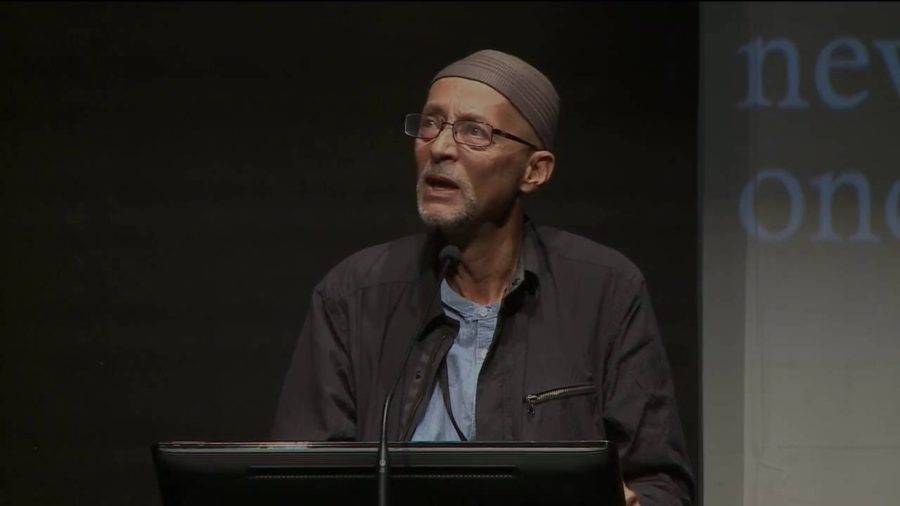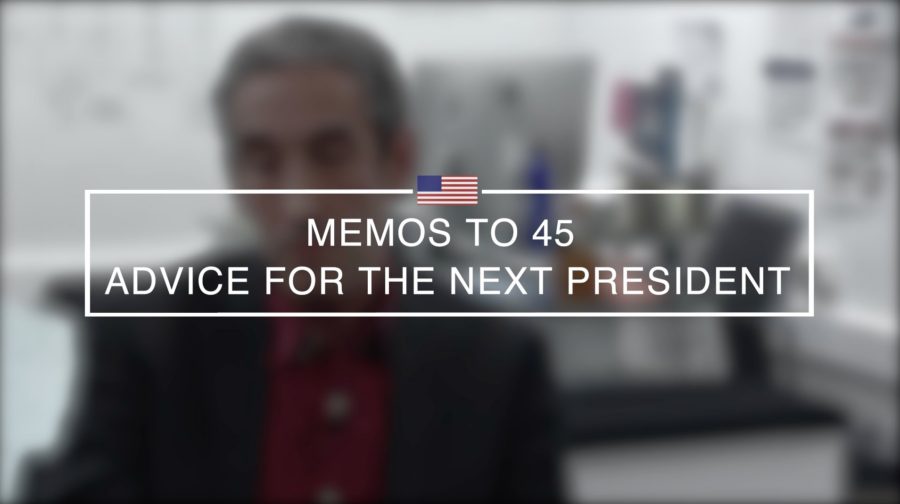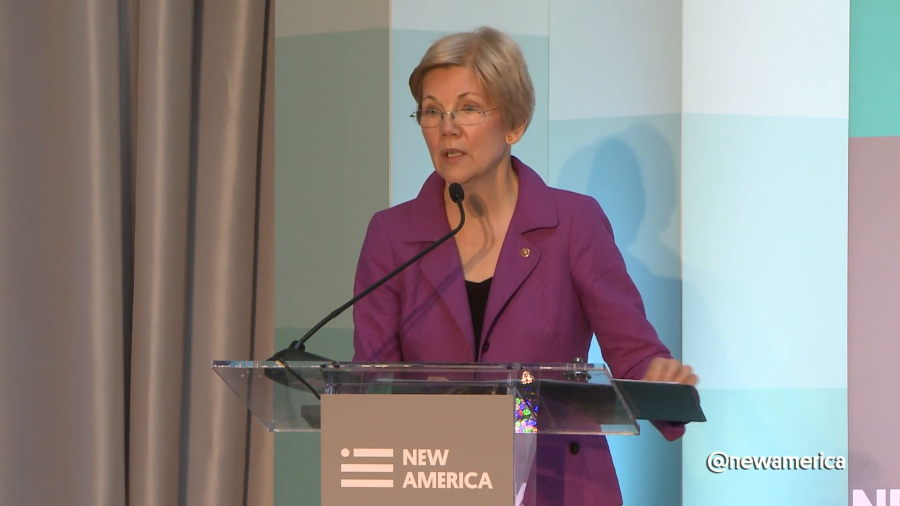We have even in the United States serious and growing water scarcity challenges. We have contamination problems with chemicals that we have not adequately regulated here in the United States. We have conflicts between states in the United States about who gets to use what water to do what. We have evidence that climate change is already influencing water demand, affecting water availability, changing extreme events. There are a whole suite of water-related problems, here, unrelated to these basic human need challenges that’re pressing in other parts of the world.
Archive (Page 1 of 2)
I personally think that we need to move beyond this sort of grow or die motivation that exists within the current economy. And I think that the cooperative model is suited to addressing those concerns, especially because the co-op model is geared toward serving member needs and not driven by profit at the end of the day. That is something that bodes well for the model in terms of sustainability.

There seems to be a rush to exceed time, to produce urban environment and sociality for which we have no language, something that goes beyond speculation, something cut loose from having to make sense now. The city cut loose from what it had embodied or promised.
Today, in America right now, we only can think of growth in quantitative terms. And in a resource-constrained environment, how frickin’ stupid is that? You’re actually imposing your own death sentence by not being able to get over the grip of this quantitative dynamic.
In 1962, the Food and Drug Administration approved the birth control pill. I would submit that that’s one of the four or five most transformative technological changes of the last millennium. Not just the last century. Because for the first time in the history of the world, half the people on Earth no longer have to depend on the other half for the arc of their lives.
The best justification we have for killing fifty-six, fifty-seven, whatever billion land animals and a trillion sea animals every year is that they taste good. And so, in a sense how is this any different from Michael Vick, who likes to sit around a pit watching dogs fight, or at least he used to?
I actually think you can trace many many of these big systemic crises to being symptoms of the flawed idea that economic growth can go on indefinitely, exponentially, on a finite planet. That’s sort of my North Star. And then as a finance person, why do we think we need economic growth? Well, because the way our capital system works is that capital demands that growth.

I think it would be interesting if the President had to be a minister for a day and actually engaged with people’s spiritual bankruptcy, and think about, “Do I want to solve this by lying to them with another myth, or do I want to help them confront the truth?”
I think at a fundamental level I just believe in human agency. And I think that everyone should feel like they can participate and shape the economy, rather than feel like they’re experiencing symptoms of the economy. When the recession happened, there was all this chatter around well, the Fed is going to do this. Or the banks are going to do this. And government is going to do this. And there was no narrative around what people are going to do.

